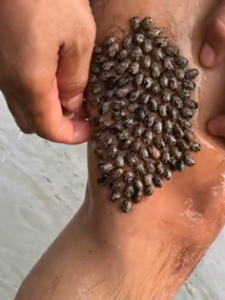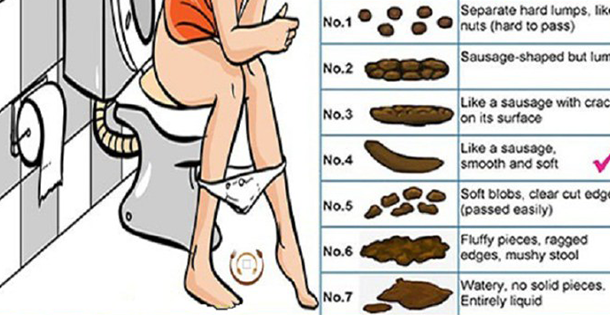On TikTok, a disturbing trend of fake “tick” infestations has taken the platform by storm, becoming an immensely viral genre. In these videos, creators simulate having ticks attached to their skin, often concentrated on their arms, legs, or even their face and ears. As they scratch at the lumps, the “ticks” either fall off or are plucked off with tweezers, sometimes revealing a suspicious substance that viewers believe to be glue.
Dermatologists have been quick to debunk these videos, with many pointing out that the “ticks” are likely just beans or other props. They cite various reasons for their conclusion, such as the absence of blood or rashes when the “ticks” are removed, the concentration of ticks in one area of the body not being typical of real tick infestations, and the hashtag #hhanbrolice, which does not represent a real lice species.

Despite being aware of the deception, TikTokers are drawn to these videos due to their oddly satisfying allure. Some dermatologists express concern that these fake videos might inadvertently lead to real skin issues if creators are using adhesives like glue, causing allergies or irritation when removed aggressively.
Moreover, there is a fear that these videos could perpetuate prejudice and xenophobia, as most of them appear to be filmed in developing countries. Viewers might associate these fake infestations with real health risks in those regions, leading to misconceptions and unnecessary fears.
While some commenters express disgust and itching sensations after watching these videos, the genre continues to attract a massive number of views. Creators seem unfazed by criticism and warnings from medical professionals, with some accounts accumulating hundreds of thousands of views for their misleading content.
TikTok, as a platform, has had previous encounters with misinformation, such as false claims about the oldest person in history and a supposed “real mermaid” on a beach in Kenya. Despite concerns raised by doctors and media outlets, TikTok has not yet commented on the matter.


